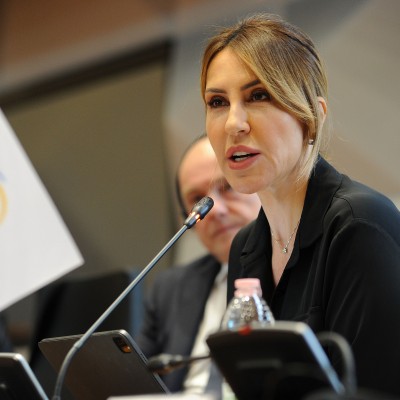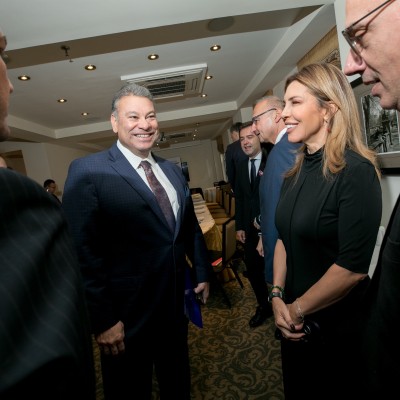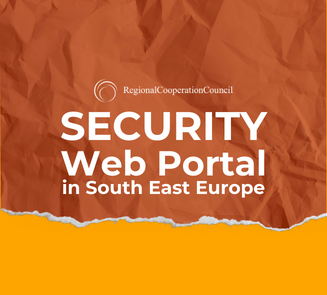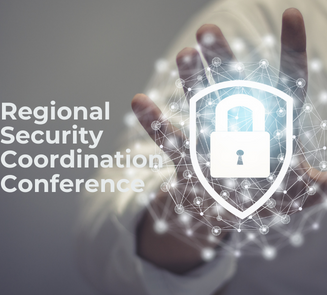Our commitment to establishing a robust regional security cooperative order in Southeast Europe (SEE) remains unwavering. At the core of this effort is the reinforcement of existing security mechanisms and the efficient coordination of security cooperation initiatives. As we transition from establishing frameworks to implementation, our focus sharpens on achieving tangible results. This includes raising awareness, building capacities, and fostering the exchange of knowledge among relevant authorities, agencies, and the broader population, enhancing social resilience.
Security cooperation is not just a statutory priority but also the bedrock of socio-economic sustainability and a prerequisite for peace and stability in the region. In response to evolving global threats, the Regional Cooperation Council (RCC) has expanded its security portfolio, spearheading initiatives like Integrative Internal Security Governance (IISG), SEESAC, DPPI, and MARRI.
Through a working platform, the RCC facilitates collaboration among security agencies and organizations to address issues such as organized crime, corruption, disinformation, illegal migration, and the possession of small arms. The outcome of these efforts aims at heightened regional awareness, proactive security mechanisms, and increased social resilience.
Our commitment extends to supporting established security cooperation initiatives through regular regional meetings, events, and dialogues. The emphasis lies on joint actions and result-oriented collaboration. The RCC acts as a coordinator for security cooperation formats, fostering a proactive and holistic regional approach to address contemporary challenges.
Recognizing the threat of hybrid tactics, the RCC actively contributes to countering disinformation. By organizing regional conferences and upgrading existing initiatives, we aim to enhance awareness, responses, and cybersecurity measures, fostering a united front against misinformation.
Rule of Law and Good Governance
Good Governance and the Rule of Law are integral to the RCC‘s mandate. We strive to enhance the efficiency, accountability, and modernization of judiciaries in SEE. Through regional cooperation and networking, we promote peer learning as well as institutional and professional exchange aiming to contribute to the development of a Western Balkans area of justice, based on the principles of mutual and trust and mutual recognition.
The RCC-led platforms facilitate cooperation among judiciaries, judges, prosecutors, mediators and legal professionals. By promoting alternative dispute resolution and supporting networking, we aim to contribute in reducing backlogs of court cases, decrease the cost of justice, and improve overall access to justice. Our activities underscore the importance of continuous learning, digital exchanges, and the modernization of intra-regional cooperation in the pursuit of a fair and efficient legal system.
RCC is also engaged in supporting the efforts of the Parliaments of the Western Balkans for a stronger role in the Berlin Process and other regional integration agenda as well as raising awareness and parliamentary capacities on measures linked with Common Regional Market.









